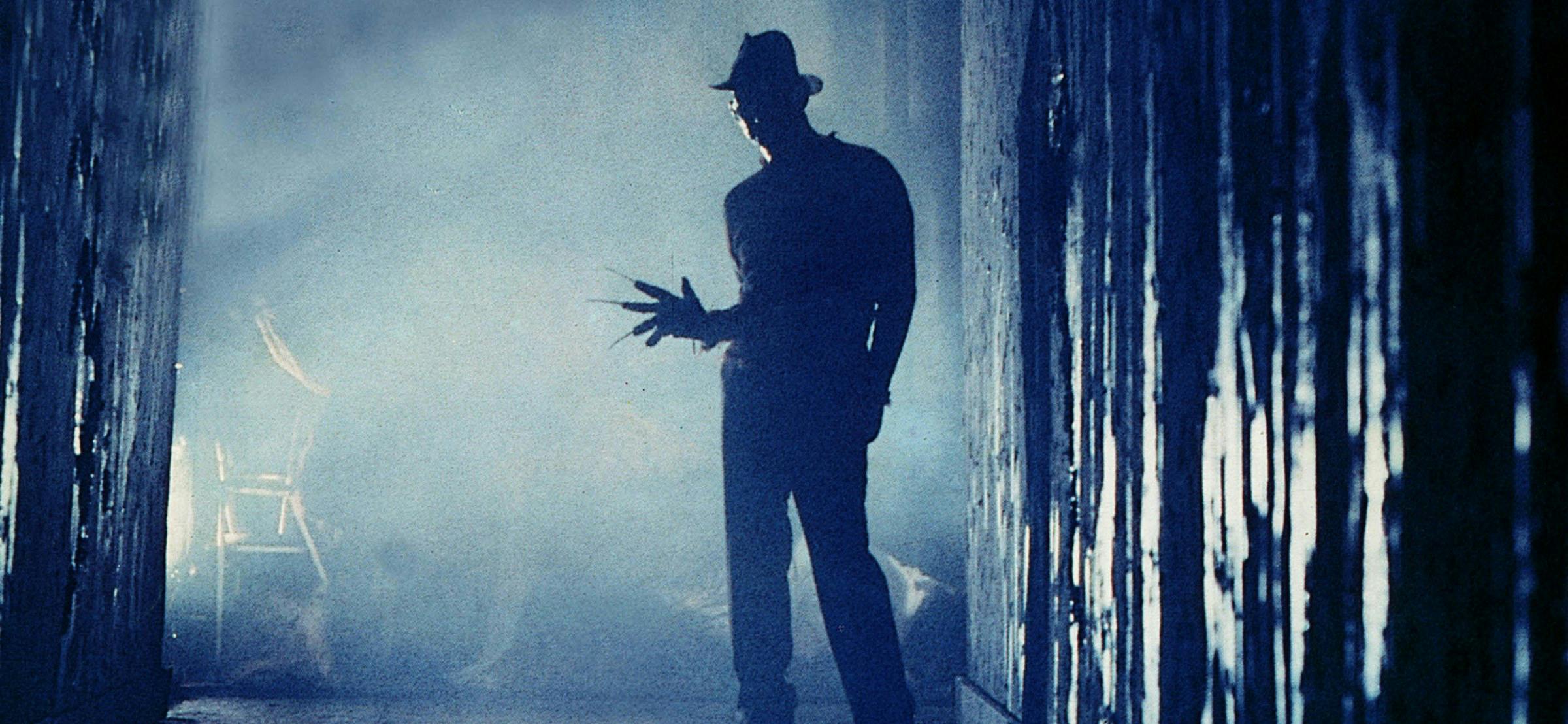
So Your Kid Likes Scary Movies … What Now?
My twelve-year-old son Shane has been a horror fan ever since he was knee-high to a grasshopper. These days he dabbles in makeup FX and creates props from his favorite movies like Aliens and The Ruins. Beyond the gore, however, he enjoys a really good scare and watches his faves repeatedly. When it became clear that he progressed beyond the gateway fare like Gremlins, we started to talk more about the things that spook us. I’m no Village Voice luminary of the critical world, but I’ve managed to make a modest career out of watching and dissecting the things that go bump in the night. Here’s what led to the most illuminating conversations between my son and I:
First, ask open-ended questions about the stories that they respond to the most
“Out of all the monsters and boogeymen in cinema/literature, why do you enjoy watching ____ so much?” The answers may vary; Shane digs Freddy Krueger movies because, among other reasons, he delights in the creative nightmare sequences that have teens fusing to their motorcycles and being transformed into human marionettes. Sometimes the enjoyment is technical like that. Other times it’s contradictory; as my six-year-old said of his fave, “I don’t like being covered by blankets, it feels like a monster is eating me. The Blob actually eats people and it hurts the whole time.”
“Did any of these movies genuinely scare you when you first saw them?” Prodding on this one can reveal anxieties that the child didn’t know they had. See the follow-up question below.
“What do you think it is that makes ____ so frightening to your brain?” The most important words in this question are “to your brain/to you.” Why? The qualifier personalizes a generic question and prompts them to think of stories in terms of the response it creates for them specifically. An example: the scariest thing about Michael Myers to me has always been that he is unstoppable. There’s no wooden stake, no silver bullet that can stop him for good — you can’t kill the Boogeyman, just as you can’t stop the ever-creeping proximity of Death itself. The question may impart a piece of their psyche that they—and perhaps you, their guardian — weren’t aware of.
“If you take away the beasts and the blood and the jump scares, what do you think this story is about?” Here’s the meat and potatoes of critical thinking for kiddos. The ability to discern between narrative devices, visual elements, and the core stories they support is a skill that their teachers have been trying to drill into them while you’re at work. In the same way that you can lowkey boost their reading level by letting them devour comic books, you can improve their film literacy by inquiring what they think the Wolf Man’s transformation is really about.
Second, relate, relate, relate
This goes back to my Michael Myers example; tell your child what keeps you up at night and how some of your favorite films address or don’t address that (according to your degree of comfort and their degree of maturity, of course). Kids are on endless journeys of revelation, soaking up knowledge and awareness with every move they make. How enlightening would it be for your young one to hear that you — a whole Responsible Grown-Up who pays taxes, takes their Omega-3s, and seems to have everything together — are scared of the Unknown sometimes? That you worry about providing a safe world for them? They won’t think you weak, I promise. On the contrary, they’ll likely be relieved to confirm that the world has monsters that everyone can see, and that fear is a vulnerable but necessary part of the human condition.
Third, talk about roller coasters
No, seriously. If you like roller coasters or (legal) thrill-seeking activities, it’s an uncomplicated example of the way that humans engage with alarming concepts from a position of relative safety. Horror can be confusing as a young fan; if the idea of being killed in my sleep keeps me awake at night, why do I keep returning to an entire Elm Street franchise that parties in that sandbox, sequel after sequel? Because the genre provides an avenue to face the monsters and all that they represent while keeping actual danger at an arm’s length.
It’s a good rule of thumb to give kids more credit; they can handle a lot more than we assume. Even with the expected amount of shielding from the news, their lives have already been affected by many current events, from cultural shifts to protests to a global pandemic. For many, as Dr. Loomis would say, Death has already come to their little town in some degree of intensity. If they’re already inclined towards it, horror cinema can help the children of 2020 process the things that worry them. Just keep it simple — ask and listen with intent. You might be surprised to find that you learn just as much from (and about) your little demon spawn as they learn from you.
Anya Stanley is a columnist at FANGORIA Magazine, a film critic on the horror beat, and a staunch Halloween 6 apologist. Find her ramblings on Twitter @bookishplinko, and find her clips at www.anywrites.com.
